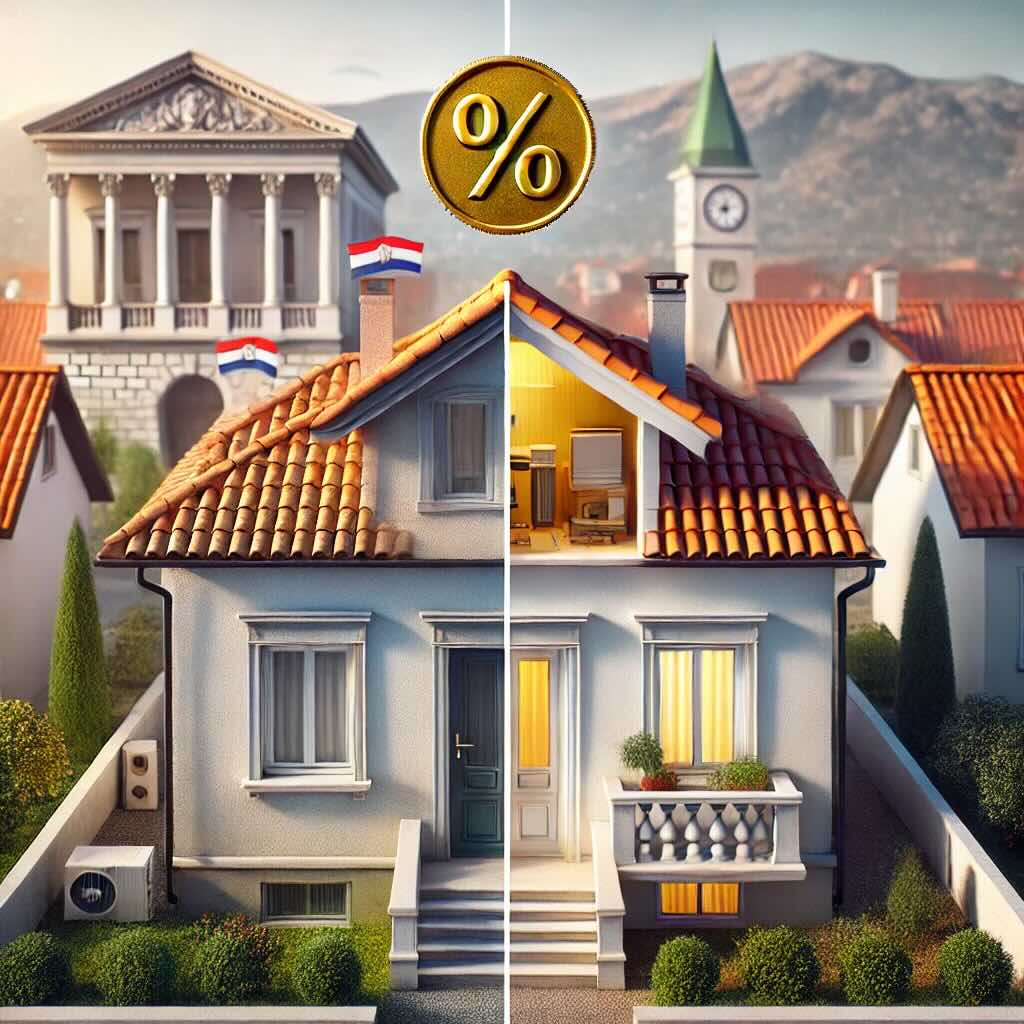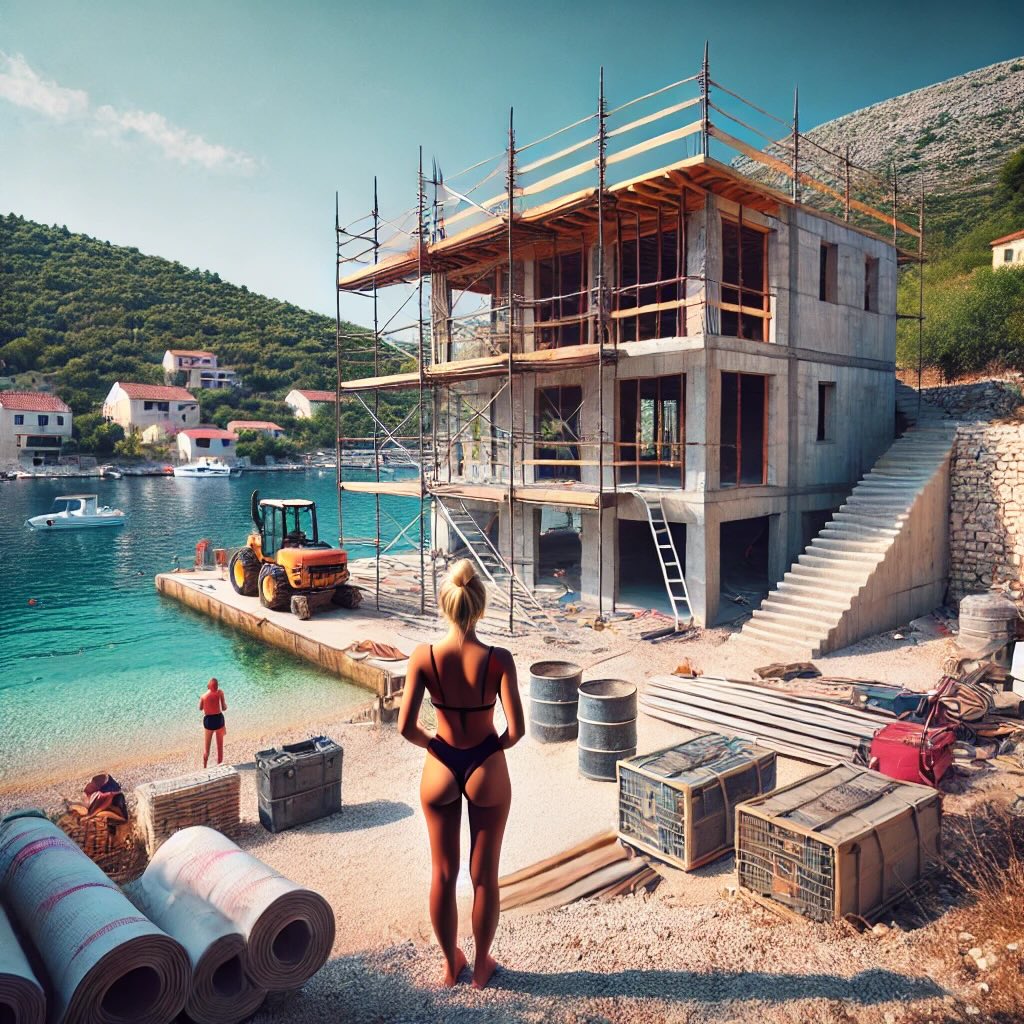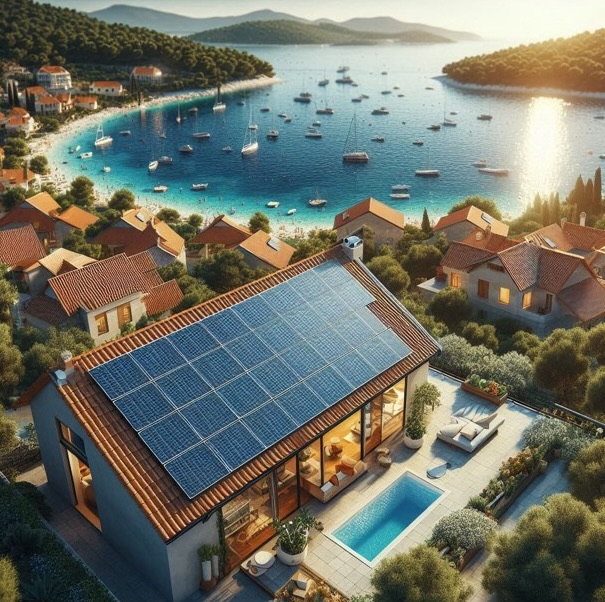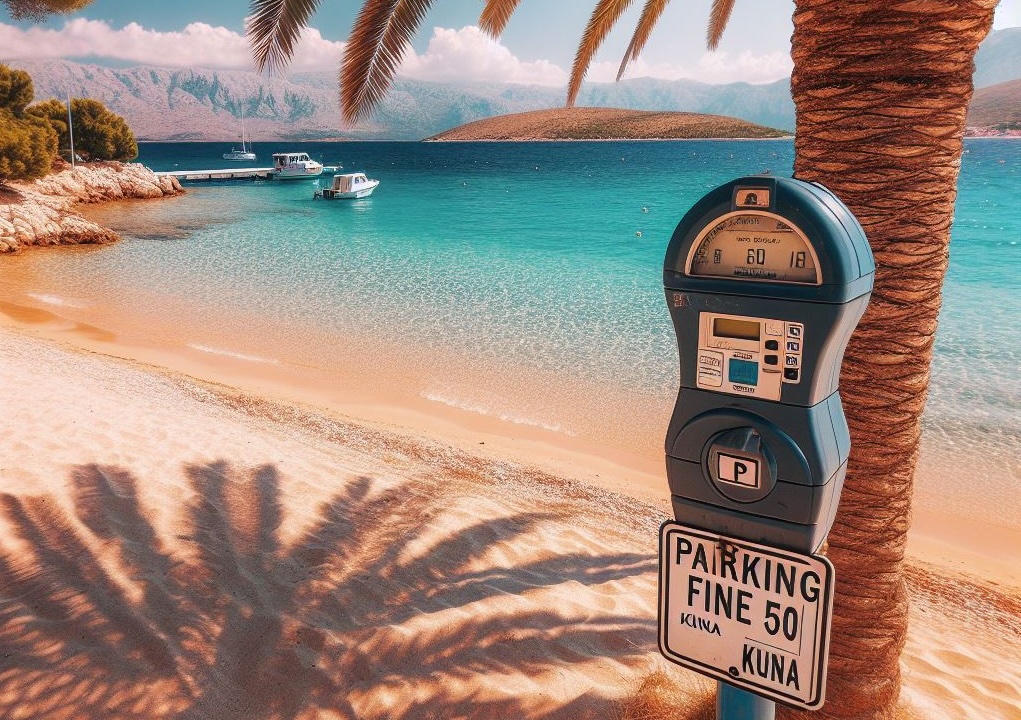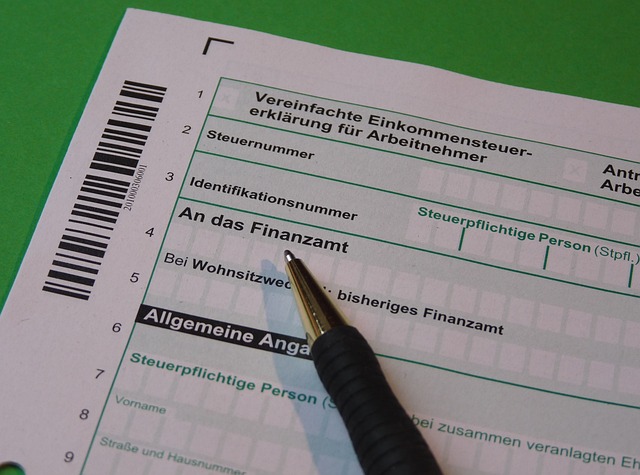
From the Introduction of the Euro to the New Tax Regime
Croatia introduced the euro as its official currency on January 1, 2023. This step brought a number of changes to the real estate market and the tax system, which gradually began to manifest themselves over the following two years. According to the statement by the Ministry of Finance of Croatia, the 2023–2024 period was crucial for preparing the extensive reform that has been in effect since January 1, 2025.The aim of the reform, according to the Croatian Tax Administration (Porezna uprava), was primarily to simplify the tax system, eliminate duplications in the taxation of certain types of real estate, and increase revenues for the state budget. The reform mainly affected the following areas:
Real estate transfer tax (formerly "tax on property transfers")
Tax on income from renting real estate
Annual real estate ownership tax (newly regulated and expanded)
Real Estate Transfer Tax
One of the most significant changes is the transformation of the existing tax on property transfers. Until the end of 2024, Croatia applied a uniform rate of 3% of the purchase price for all types of real estate, regardless of age or intended use. However, since January 1, 2025, a system of differentiated rates has been introduced:1. Real estate intended for permanent residence: The tax rate remains 3%. The Croatian government intends to continue supporting housing affordability for its citizens by doing so.
2. Real estate intended for recreational purposes or tourist rentals: The new rate is 4%, as it concerns a lucrative segment associated with tourism.
3. Commercial real estate (offices, shops, industrial buildings): Here, the rate has increased to 5%, reflecting the higher income potential of this type of property.
According to an analysis by the Government of the Republic of Croatia, the choice to impose higher taxes on the commercial sector was mainly motivated by the need to raise additional funds for the state budget and to curb excessive speculative real estate purchases by foreign corporations.
Tax on Income from Renting Real Estate
Another element of the reform is the change in the taxation of rental income (so-called “tax on rental income”). From 2025, the following applies:- Individuals who rent out a property on a long-term basis (i.e., for housing for at least six months of the year) benefit from a reduced tax rate on income, lowered from 10% to 8%.
- Short-term rentals (typically to tourists) are now taxed at 10%, instead of the previous 8%.
By doing so, Croatia aims to address the oversupply of short-term rentals, especially in coastal areas, and at the same time encourage owners to offer more long-term rental housing for local residents. According to the Croatian Chamber of Economy, this new measure should increase the availability of flats for local residents and help contain rising rental prices.
Annual Real Estate Ownership Tax
A completely new feature of the Croatian tax system from January 1, 2025, is the annual real estate ownership tax, which was previously paid for residential properties in the form of a so-called “communal fee” to local municipalities. From now on, however, this is a centralized tax that will be divided between the state and individual local governments. The rate varies according to the type of property and how it is used:- Residential units intended for permanent residence: Basic rate of 0.2% of the estimated property value per year.
- Vacation apartments and houses: Basic rate of 0.3%, which can vary by location and can be increased up to 0.5% in areas with high tourist activity (e.g., Dalmatia, Istria, Dubrovnik).
- Commercial properties: Basic rate of 0.4% – with the possibility of adjustments depending on the type of commercial activity. A key factor is the estimated property value, which is determined by the locally competent tax office based on price maps and real estate statistics. Owners have the option to request a review of this value within 30 days of receiving the decision if they believe that it is overestimated.
Impacts on Investors and Foreign Owners
Croatia is one of the popular destinations for buying recreational properties, especially among buyers from Germany, Austria, or the Czech Republic. Higher real estate transfer tax (4% for recreational properties) and the annual real estate ownership tax may slightly reduce the appeal of the real estate market for speculative short-term purchases. Nevertheless, Croatia still remains relatively competitive compared to other Mediterranean destinations such as Spain or Italy, where some taxes are even higher.Long-Term Rentals vs. Short-Term Accommodation
The newly introduced higher tax rate for short-term rentals (10%) may limit the profitability of tourist-oriented accommodation in attractive locations. On the other hand, the reduced rate of 8% for long-term rentals may be an incentive to reconsider rental strategies.Increased Administration
The centralized annual real estate ownership tax also means more communication with tax authorities and, in some cases, providing documentation for the assessment of the estimated property value. According to the Croatian Tax Administration, however, an electronic system for calculation and appeals will make this process as simple as possible.Practical Tips for Owners and Buyers
1. Track Legislative Updates: Croatian authorities have already indicated that tax rates may be indexed in the future to reflect inflation or price developments in the real estate market.2. Consider the Purpose of the Property: The difference between 3% and 4% transfer tax may seem small, but in the long term, it can have a significant impact on return on investment. Similarly, the annual ownership tax should also be taken into account.
3. Seek Professional Advice: Before purchasing a property or renting it out, consider consulting a local tax advisor or lawyer specializing in Croatian law.
4. Use Exemptions and Discounts: In certain cases, authorities may grant exemptions or reductions (e.g., when purchasing your first property in the country, if intended for permanent residence).
From January 1, 2025, Croatia introduced quite significant changes to the tax system in the real estate sector. The reform was long in the making and aims to simplify the tax structure, increase government revenues, and help address the shortage of affordable housing for local citizens.
What Has Changed the Most?
- Real Estate Transfer Tax now differs based on type and intended use of the property (3–5%).- Tax on Rental Income is adjusted to encourage long-term housing (8%) and limit short-term tourist rentals (10%).
- Annual Real Estate Ownership Tax is shifting to a centralized system with varying rates (0.2–0.4% + possible surcharges).
Whether you are a foreign investor planning to purchase a vacation apartment on the coast or a local homeowner considering long-term renting, it pays to stay informed about your tax obligations and avoid potential penalties. Remember to regularly check official Croatian government websites and consult experts to ensure your investment is as advantageous as possible.
(Note: The article is based on publicly available information and legislative documents as of the publication date. For specific legal or tax advice, always consult a professional with the appropriate specialization.)

















